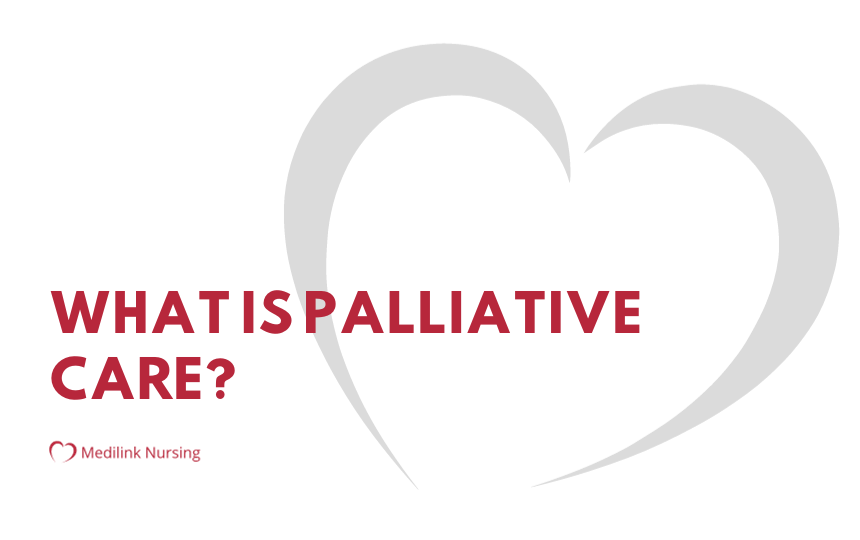Palliative Care: Compassionate Support
Palliative care is a special kind of healthcare that provides essential support to individuals facing serious illnesses. These nurses are extremely important, offering both physical and emotional comfort to patients and their families during tough times.
Understanding Palliative Care
Palliative care is all about improving the quality of life for those dealing with serious illnesses. It goes beyond just managing physical symptoms, addressing emotional and spiritual needs as well.
Palliative care is defined by the World Health Organisation as care that improves the quality of life of patients (adults and children) and their families who are facing problems associated with life-limiting, or terminal illnesses. The main aim is to offer comfort, relieve pain, and provide support to both patients and their families as they navigate the strains of end-of-life care.
With a goal of bringing comfort, easing pain, and providing constant support to patients and their families facing the complex journey of a life-limiting illness. This caring approach aims to meet the various needs of individuals, including both their physical and emotional needs.

The Role of Palliative Care Nurses
Palliative care nurses focus on creating and carrying out a personalised end-of-life care plan for patients. Their responsibilities can include:
- Symptom Management: Dealing with pain, fatigue, emotional distress, and other challenging symptoms.
- Family Support: Helping families understand and cope with the patient’s condition.
- Personal Care: Offering guidance on day-to-day care for the patient.
- Coordination: Ensuring the patient has access to the necessary expertise and equipment.
- Communication: Keeping everyone informed about changes, answering questions, and providing guidance on what to expect.
Where Palliative Care is Provided
This care can be given in various settings, including hospitals, hospices, care homes, and even patients’ homes. Palliative care nurses, especially those working with agencies, may move between different locations, gaining diverse experiences and collaborating with various healthcare teams.
Skills and Qualities of Palliative Care Nurses
Some of the skills shown by nurses include,
- Adaptability: Responding quickly to changes in patient conditions.
- Compassion: Providing empathetic and active support to patients and families.
- Resilience: Coping emotionally with the challenges of caring for those with life-limiting conditions.
- Communication: Clear communication is crucial for building strong relationships and understanding patient needs.

Conclusion
In conclusion, palliative care is about providing compassionate support to individuals and their families during challenging times. It’s a commitment to ensuring that each person’s unique needs, preferences, and wishes are considered and met with care and respect. Palliative care nurses are dedicated professionals who understand the patients’ needs during end-of-life care. Some nurses choose to specialise in this type of care, but most nurses will have experience of providing palliative care in hospitals or a care home setting.
If you are looking for an agency nurse with palliative care experience to temporarily join your team, using Medilink Nursing for temporary cover to fill any recruitment gaps means patients won’t be impacted by any short-staffing issues, causing them further stress at a difficult time.
Whether it’s last-minute cover, specialised care, or block bookings, we’re here to help! You can get in touch via the buttons below or call us on 0113 877 6383. Our lines are open from 6:00am to 10:30pm every day.
Further Reading:
If you found our post helpful, you might enjoy reading our posts on:
Why Choose Medilink?
One-to-One agency staff available
How many staff should you have on a night shift?

